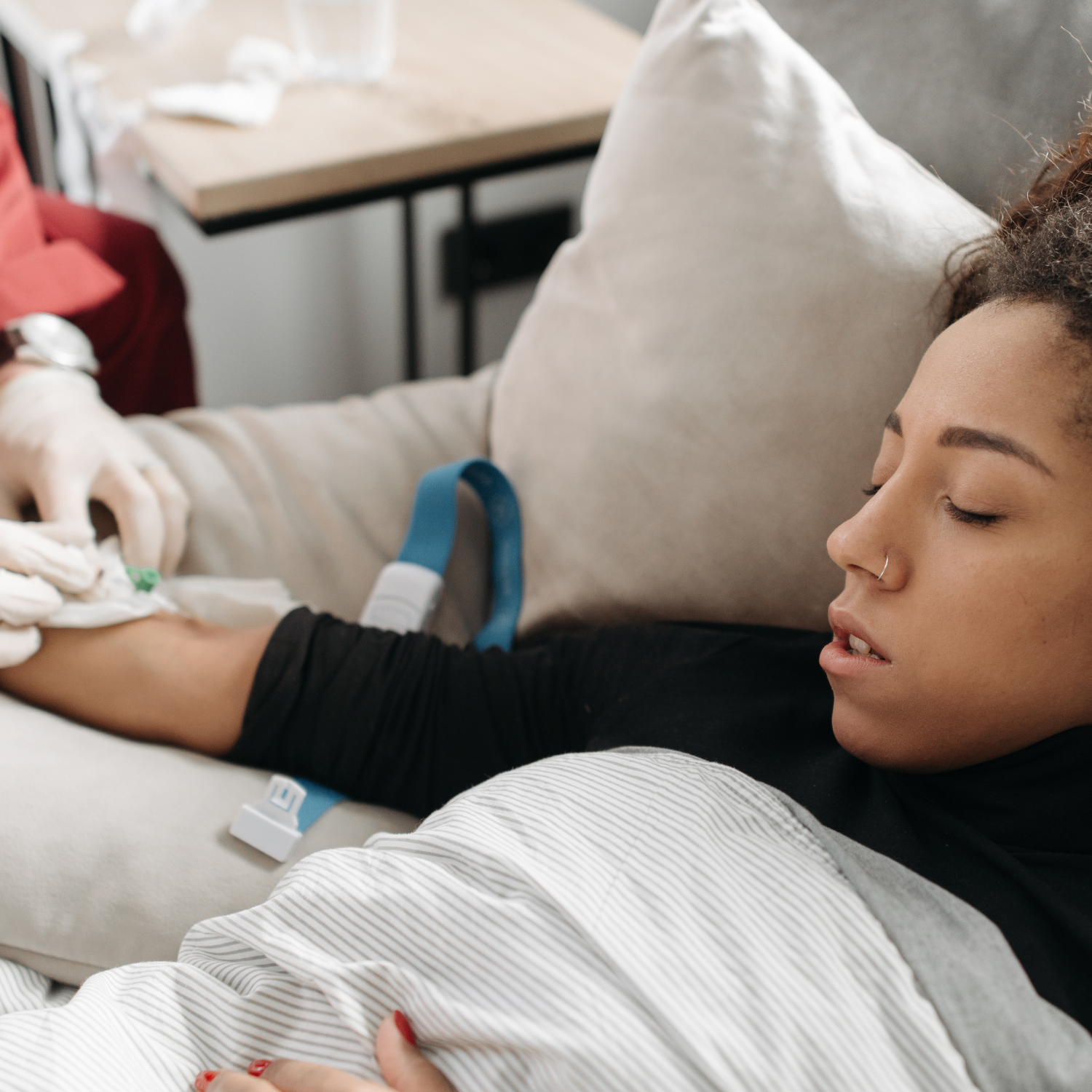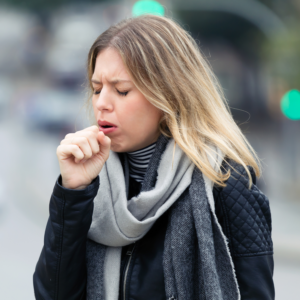Central and South America are currently experiencing unprecedented dengue fever outbreaks, with reported cases reaching record highs in several countries. The World Health Organization (WHO) has expressed significant concern over the escalating situation, emphasizing the urgent need for enhanced vector control measures and public awareness campaigns.
Scope of the Outbreak
The surge in dengue cases has been particularly severe in nations such as Brazil, Peru, and Bolivia. In Brazil, health authorities have documented over 3 million cases in 2024, marking the highest annual total in the country’s history. Similarly, Peru and Bolivia have reported substantial increases, with case numbers exceeding previous records by significant margins.
Contributing Factors
Several factors have been identified as contributors to the current dengue crisis:
- Climate Change: Rising temperatures and increased rainfall have created favorable breeding conditions for Aedes mosquitoes, the primary vectors of dengue fever.
- Urbanization: Rapid and unplanned urban growth has led to inadequate sanitation and water management systems, facilitating mosquito proliferation.
- Healthcare Disruptions: The COVID-19 pandemic has strained healthcare resources, diverting attention from routine vector control programs and public health initiatives.
Public Health Response
In response to the escalating crisis, governments and international health organizations are implementing a range of measures:
- Vector Control: Intensified efforts to reduce mosquito populations through insecticide spraying, elimination of breeding sites, and community engagement.
- Public Awareness: Educational campaigns aimed at informing the public about preventive measures, such as using insect repellent, installing window screens, and eliminating standing water around homes.
- Healthcare Preparedness: Strengthening healthcare facilities to manage the increased patient load, ensuring the availability of diagnostic tools, and training healthcare workers in dengue management protocols.
Preventive Measures for Individuals
Individuals residing in or traveling to affected regions are advised to take the following precautions:
- Use Protective Clothing: Wear long-sleeved shirts and long pants to minimize skin exposure to mosquito bites.
- Apply Insect Repellent: Use repellents containing DEET, picaridin, or oil of lemon eucalyptus on exposed skin.
- Secure Living Areas: Ensure that living spaces are equipped with window and door screens; use mosquito nets if necessary.
- Eliminate Breeding Sites: Regularly inspect and remove standing water in and around the home, including in flower pots, gutters, and discarded containers.
Conclusion
The record-breaking dengue fever outbreaks in Central and South America underscore the critical need for sustained public health efforts, international collaboration, and individual vigilance. Addressing the multifaceted challenges posed by dengue requires a comprehensive approach, integrating environmental management, healthcare infrastructure strengthening, and community participation.




